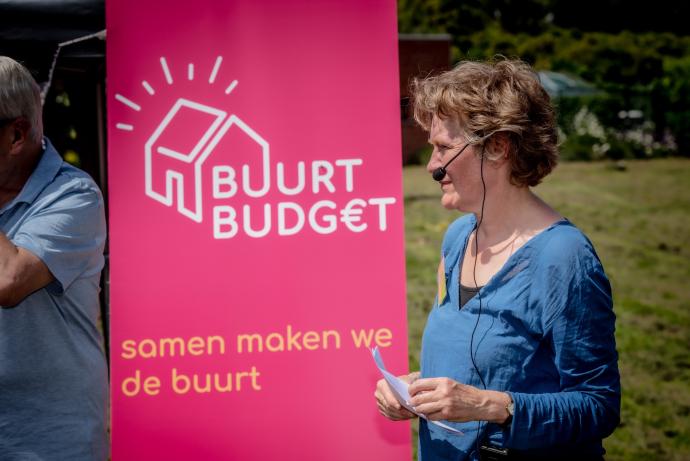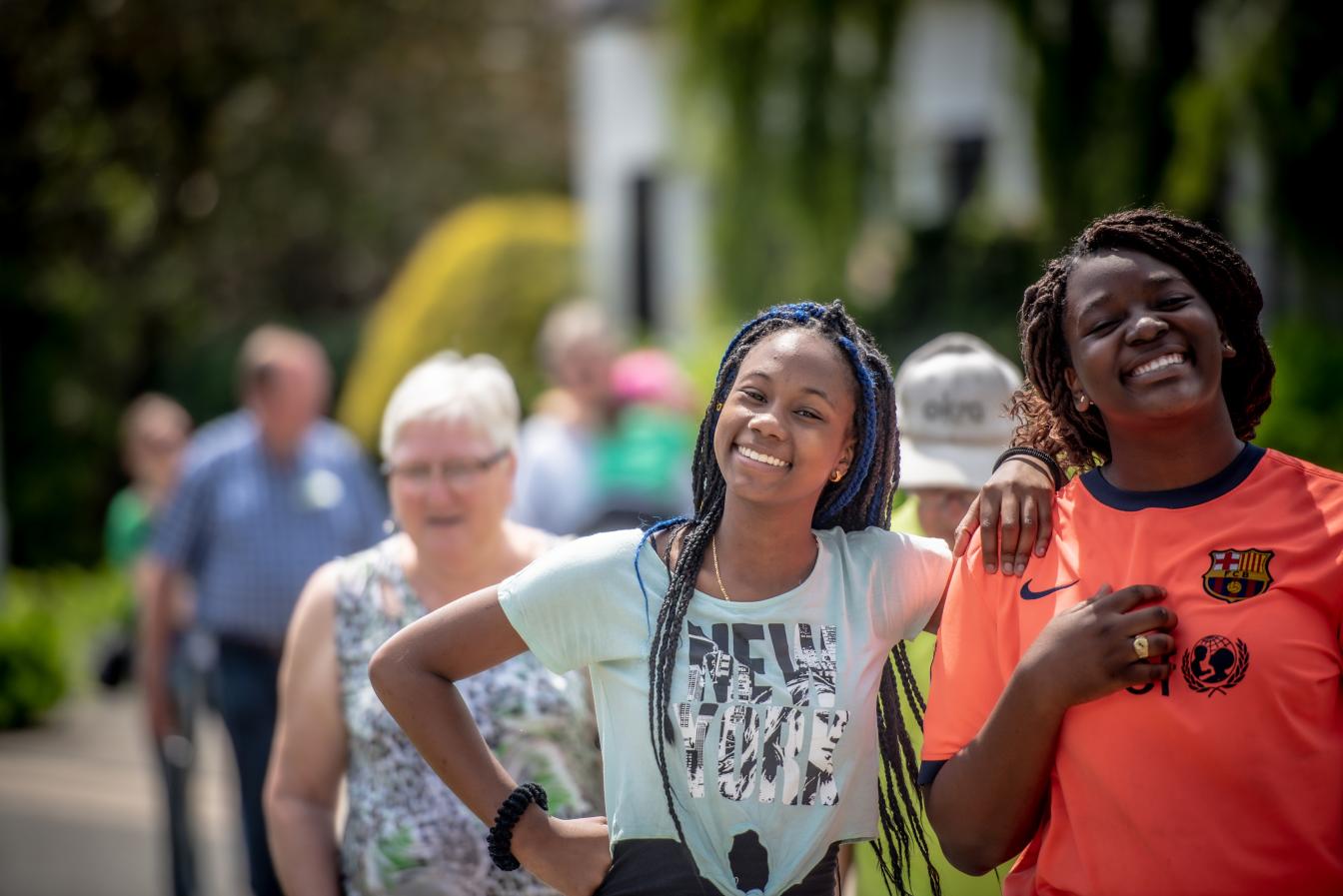BUURTBUDGET
Testing the principle of a neighborhood budget in Arendonk and Balen
From until
What
In this project we test the innovative methodology of neighborhood budgets in the municipalities Arendonk and Balen. Using neighborhood budgets in the Flemish rural context is new. A neighborhood budget is a credit granted by the local government to districts or neighborhoods. The neighborhood can choose how to use this budget to increase social cohesion and quality of life in their neighborhood (within a set framework).

Goal
The objective of the project is pursued through two paths. On the one hand, we aim to create a more caring neighborhood by using neighborhood budgets, namely stronger social cohesion and higher livability in the neighborhood. On the other hand, the methodology also aims indirectly to achieve a more caring neighborhood. For example, through cooperation around the neighborhood budget. The use of neighborhood budgets focuses on participation and creating better, more engaged citizens, which in turn leads to a more caring neighborhood.
In this project, we are testing the innovative methodology “neighborhood budget” in two municipalities (Arendonk and Balen) to explore the possibilities, limitations, and conditions of neighborhood budgets.
Our role
Our role at Mobilab & Care - Vonk3 is to support and evaluate the pilot project. The evaluation consists of several components:
- A neighborhood survey in the area to determine the neighborhood reach.
- A questionnaire for involved residents to measure the impact on the residents.
- In-depth interviews with involved residents and aldermen to gauge their experiences.
Results
The neighborhood budget creates a basis for social cohesion in the pilot neighborhoods: residents get to know each other and feel more at home in the neighborhood. For vulnerable residents, the methodology leads to fewer feelings of loneliness. Livability improves: a cleaner and more pleasant neighborhood. The result is that there is more life in the neighborhood.
There are beautiful results visible in terms of participation. Through the methodology, residents are considered full partners in policy. Citizens feel more and more owners of their achievements. They are at the helm, both in devising and executing concrete actions. The local government is on the sidelines.
Throughout the process, the role of the process facilitator is important. This person (or persons) guides residents in devising and developing their actions. At the same time, the process facilitator forms the bridge with the local government. To give sustainability a chance, it has been shown that residents were involved and took initiatives themselves.
A study day was held where we made the approach and results known to local governments and inspired them to get started with the neighborhood budget methodology themselves. Finally, a think-and-do book was published that you can order with the link below.

Future
Several local authorities have started working with the neighborhood budget methodology. You can also still order the book.
Publications
Geef bewoners een buurtbudget van 8.000 euro: ‘Ze weten als geen ander wat er leeft in hun buurt’
Leidt een buurtbudget tot betere burgers?
Researchers
Dorien Gryp
Loneliness researcher with a passion for public spaces. Always in the mood for a concert.
Liesbet Lommelen
Fascinated by hands-on social science research & the search for working elements that promote connecting or supporting people, warm heart for vulnerable older people, gets energised by aha erlebnis.

